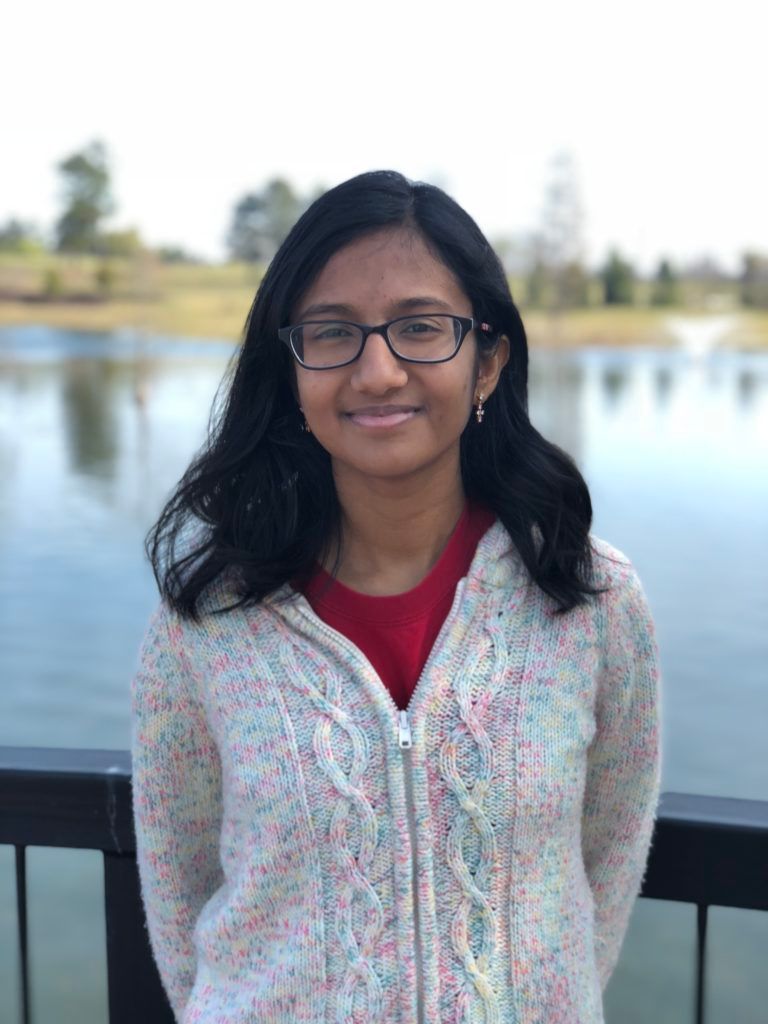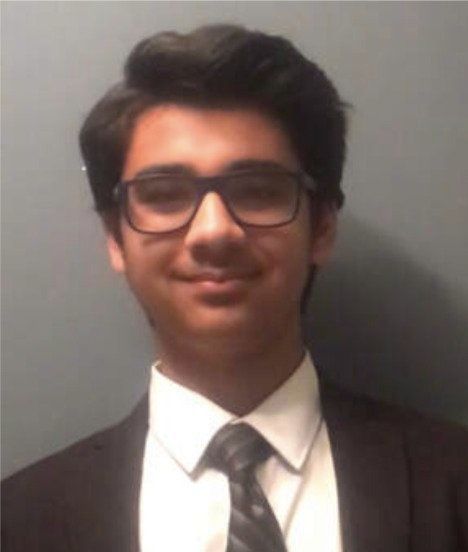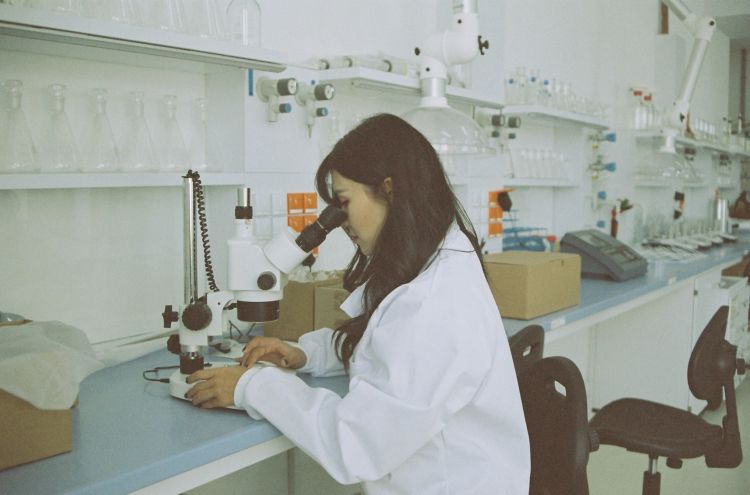Georgia Bio Names Milton High School Senior as Georgia BioGENEius Winner
Shreya Ramesh Advances in International Competition Against Top Students
Atlanta, GA (April 6, 2020) – Georgia Bio and the Georgia BioEd Institute today named Shreya Ramesh , a senior at Milton High School in Milton, GA, as the winner of the 2020 Georgia BioGENEius Challenge, the premier competition for high school students that recognizes outstanding research and innovation in the biotechnology field. As Georgia’s BioGENEius finalist, Shreya will attend the 2020 International BioGENEius competition, which will be held virtually during the BIO Digital Convention.
Shreya will compete against high school students from the U.S., Canada and Germany in the International BioGENEius Challenge. The student projects will represent a range of biotechnology topics such as healthcare, agriculture, and the environment.

Shreya’s award-winning research uses machine learning to assess the voice features of Amyotrophic Lateral Sclerosis (ALS) patients. The voices of ALS patients are characteristically slower, higher pitched, and softer than the voices of individuals who do not have ALS. Using ALS voice feature data, Shreya created a voice compensation algorithm to convert the ALS patient’s voice into one more similar to a non-ALS patient. This allowed the ALS patient’s voice to be better recognized by Automatic Speech Recognition (ARS) programs like Google Voice or Amazon’s Alexa. ALS patients often rely on ARS programs due to their limited mobility, but their voice features are not recognized by these programs.
“The BioGENEius Challenge highlights the breakthroughs made when we invest in and encourage young people to pursue their ideas,” said Georgia Bio President and CEO Maria Thacker. “Georgia Bio is thrilled that Shreya will represent our state at the upcoming BIO Convention. We are proud to support this Georgia scholar as she develops tomorrow’s healthcare innovations.”
Georgia Bio also congratulates the Georgia BioGENEius runner-up, Krish Wadhwani of Denmark High School in Alpharetta, GA. Krish’s project focused on the production of synthetic antibody mimics (SyAMs) as treatment for Huntington’s disease (HD) and Alzheimer’s Disease (AD). The SyAMs are engineered antibodies that can bind to the misshapen proteins responsible for causing symptoms in HD and AD. This would inhibit the proteins and help control symptoms of the disease. Krish plans to continue this research and next hopes to get funding to pursue clinical production and testing of the antibodies.

Judging the 2020 Georgia BioGENEius were Jamie L. Graham, Kilpatrick Townsend & Stockton; Ralph L. Cordell, CDC; and Ian Biggs, UGA.
National and International winners will be announced after the competition. See the International BioGENEius website for more information on the revised 2020 schedule. Winners will receive cash scholarships.
# # #
Follow the BioGENEius Challenge: Throughout the challenge, @BiotechInstitut will be tweeting interviews, photos, and engaging with the biotechnology community by using the hashtag #BioGENEius.
About the Biotechnology Institute
The Biotechnology Institute is an independent, national nonprofit organization dedicated to education about the present and future impact of biotechnology. Its mission is to engage, excite and educate the public, particularly students and teachers, about biotechnology and its immense potential for solving human health, food and environmental problems. For more information, visit www.biotechinstitute.org.
About the GeorgiaBioEd Institute
The Georgia BioEd Institute is a division of Georgia Bio, a 501(c)(3) nonprofit organization serving the state’s life science industry. The Institute’s mission is to strengthen Georgia’s life sciences workforce pipeline through classroom-to-career initiatives that align with industry needs. Learn more at www.georgiabioed.org
| www.gabio.org.
MEDIA CONTACT :
Maria Thacker
404-920-2042
mthacker@gabio.org
The post Georgia Bio Names Milton High School Senior as Georgia BioGENEius Winner appeared first on Georgia Bio.





